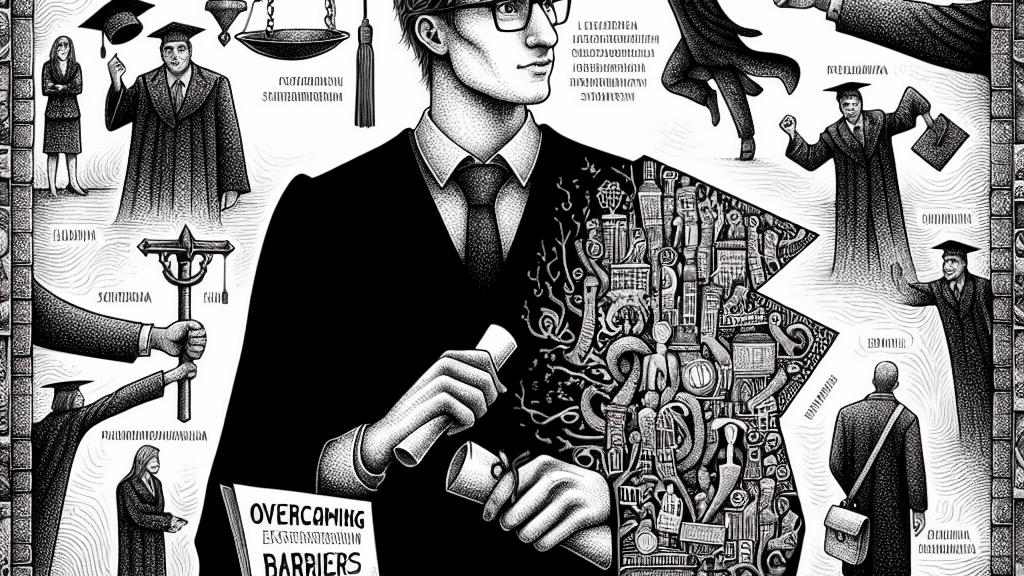Overcoming Barriers: Educated Autistics in the Job Market
Overview
- Delving into the unique challenges faced by educated autistics in securing employment.
- Showcasing innovative initiatives that facilitate their integration into the workforce.
- Encouraging a united societal effort to support and uplift individuals with autism.

Understanding the Landscape for Educated Autistics in Poland
In Poland, the journey for educated autistics to enter the workforce is often anything but smooth. For example, take Maciej Oksztulski, a shining star in this narrative. As the first non-speaking autistic to graduate high school in Poland, he has paved the way for many. Despite facing various challenges, including social stigma and limited opportunities, Maciej is thriving in his pursuit of a law degree. His determination is a testament to the potential that exists within the autistic community; yet, it also underscores an urgent need for systemic changes in how society perceives and supports autistic individuals seeking meaningful employment.
Groundbreaking Projects Supporting Employment for Educated Autistics
A beacon of hope comes from initiatives like the government-funded project "Science for Effective Entry of Educated Autistics into the Job Market." Designed with a clear focus on bridging the gap between education and employment, this program provides comprehensive support tailored to the unique needs of educated autistics. This includes specialized training for job coaches who assist these individuals in navigating the job market. Moreover, the project has produced impactful resources, including a series of podcasts that share insights and powerful stories from members of the autistic community—some of which have collectively garnered nearly 300,000 views, illustrating the rising public interest in supporting educated autistics. The success of these endeavors is a strong reminder of the positive change that can emerge from dedicated efforts.
A Vision for a Supportive Future and Lasting Change
Looking toward the future, it is crucial to develop a multifaceted support system that empowers those on the autism spectrum in their career pursuits. Recent reforms, such as new welfare benefits for individuals with disabilities, reflect a deeper societal commitment to inclusivity. However, the journey doesn’t end here. We must advocate for community-based programs that not only offer job training but also cultivate mentorship opportunities to inspire educated autistics. Collaboration among government agencies, non-profit organizations, and community members is essential. By fostering a culture that values and recognizes the exceptional talents of autistics, we can create an environment where they not only survive but genuinely thrive. Collectively, let us break down barriers and illuminate the path for every educated autistic to shine brightly in the workforce.

Loading...